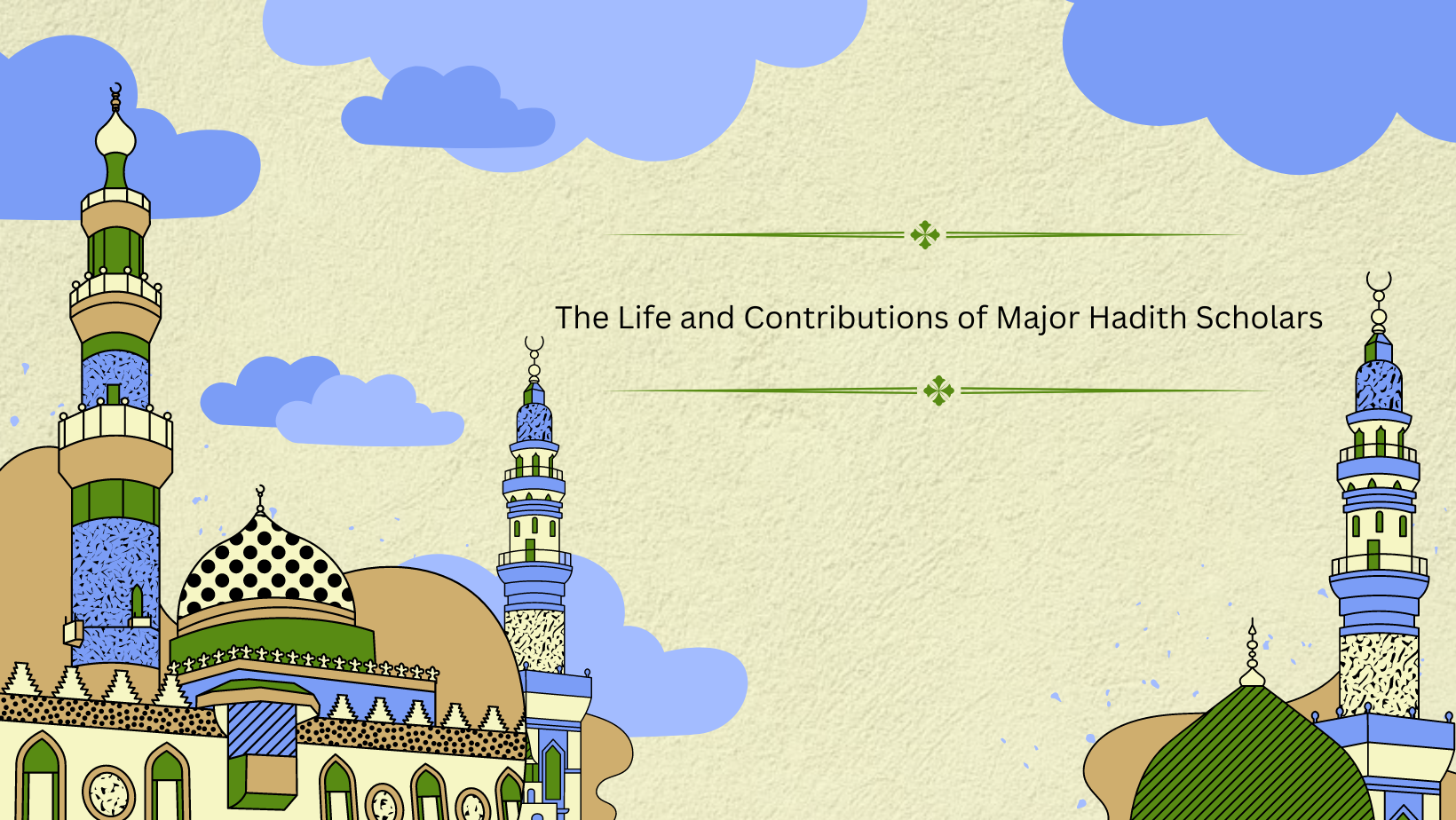Truthfulness, a central tenet of Islamic ethics, is profoundly emphasized in the teachings of the Prophet Muhammad (peace be upon him). Ahadees, or Hadiths, provide valuable insights into the significance of being truthful in all aspects of life. This article explores key Ahadees that underscore the importance of truthfulness, elucidating its role in personal integrity, social harmony, and spiritual growth.
The Concept of Truthfulness in Islam
In Islam, truthfulness (Sidq) is not merely about avoiding lies but encompasses being honest in words, intentions, actions, and relationships. It is about aligning one’s external expressions with internal beliefs and maintaining consistency between one’s words and deeds. Truthfulness is considered a fundamental characteristic of a believer, reflecting their sincerity and commitment to faith.
Key Ahadees on Truthfulness
- Truthfulness Leads to Righteousness:
- The Prophet Muhammad (PBUH) said, “Truthfulness leads to righteousness, and righteousness leads to Paradise. A man continues to tell the truth until he becomes a truthful person. Falsehood leads to wickedness, and wickedness leads to Hell. A man continues to tell lies until he is written as a liar before Allah.” (Sahih Bukhari)
- This Hadith highlights the direct link between truthfulness and righteousness. It underscores that consistent truth-telling cultivates a habit of honesty, ultimately guiding a person towards virtuous living and eternal reward.
- Truthfulness as a Sign of Faith:
- The Prophet (PBUH) said, “The signs of a hypocrite are three: when he speaks, he lies; when he makes a promise, he breaks it; and when he is entrusted with something, he betrays that trust.” (Sahih Bukhari)
- This Hadith identifies truthfulness as a distinguishing characteristic of a true believer. It contrasts the behavior of a hypocrite with that of a faithful person, emphasizing the importance of honesty in speech and actions.
- Truthfulness in Business Transactions:
- The Prophet (PBUH) said, “The truthful and trustworthy merchant will be with the Prophets, the truthful, and the martyrs.” (Tirmidhi)
- This Hadith elevates the status of honest traders, associating them with the most honorable figures in Islam. It underscores that truthfulness in business dealings is not only ethical but also spiritually rewarding.
- Truthfulness and the Heart:
- The Prophet (PBUH) said, “Leave that which makes you doubt for that which does not make you doubt. Verily, truth brings peace of mind and falsehood brings doubt.” (Tirmidhi)
- This Hadith links truthfulness with inner peace and clarity. It suggests that honesty alleviates doubt and confusion, fostering a state of tranquility and certainty in one’s heart.
- The Consequences of Lying:
- The Prophet (PBUH) said, “Beware of lying, for lying leads to wickedness, and wickedness leads to the Hellfire.” (Sahih Muslim)
- This Hadith warns against the dangers of falsehood, illustrating how it leads to moral corruption and spiritual ruin. It serves as a powerful reminder of the negative consequences of dishonesty.
The Role of Truthfulness in Personal Development
Truthfulness is crucial for personal integrity and self-respect. It encourages individuals to be honest with themselves and others, fostering a sense of accountability and trustworthiness. By being truthful, individuals build a reputation of reliability and honor, which is essential for personal and professional relationships.
Truthfulness in Social Interactions
In social contexts, truthfulness is the foundation of trust and cooperation. It strengthens relationships by promoting transparency and sincerity. Honest communication prevents misunderstandings, resolves conflicts, and builds a cohesive and trustworthy community. The collective adherence to truthfulness enhances social harmony and mutual respect.
Truthfulness in Spiritual Growth
Spiritually, truthfulness is a reflection of one’s faith and trust in Allah. It demonstrates a believer’s commitment to Islamic principles and their reliance on divine guidance. Truthfulness purifies the heart, bringing a person closer to Allah and enhancing their spiritual journey. It is a means of earning Allah’s pleasure and attaining success in the Hereafter.
Conclusion
Truthfulness, as emphasized in numerous Ahadees, is a vital attribute for Muslims. It is integral to personal integrity, social harmony, and spiritual growth. The teachings of the Prophet Muhammad (PBUH) serve as a timeless guide, urging believers to uphold honesty in all aspects of their lives. By embracing truthfulness, Muslims not only fulfill a fundamental Islamic value but also contribute to a just and trustworthy society, reflecting the true essence of their faith.



